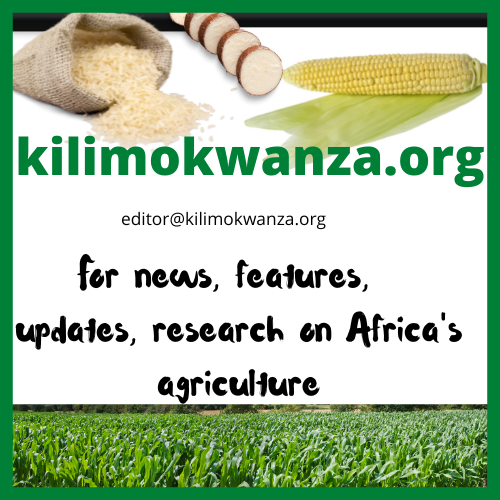The recently released Africa Agricultural Status Report (AASR) for 2023, unveiled at the Africa Food Systems Forum in Tanzania, is nothing short of a milestone document for everyone concerned with the future of Africa’s agriculture and food security. With the continent grappling with systemic challenges, from outdated farming practices to poor infrastructure and limited financing, the report serves as a comprehensive roadmap that could guide Africa towards a more food-secure and sustainable future. But as with every roadmap, its effectiveness lies in how well its guidelines are adopted and implemented.
One of the report’s most significant highlights is its emphasis on assessing the current state of affairs of Africa’s food systems. For a continent that is projected to see its food import bills surge to USD 110 billion by 2025, this is an urgent matter. The granular insights into the status of transformation efforts in selected African countries are not just timely; they are pivotal for stakeholders, including policymakers and development organizations, to identify gaps and areas requiring immediate action.
The AASR also brings focus to challenges that are often sidelined but hold transformative power, such as the impact of digital technology and the potential of the African Continental Free Trade Area (AfCFTA). AfCFTA, in particular, offers immense possibilities for farmers to access larger, diversified markets, thereby increasing their incomes and creating more resilient food systems. As the report suggests, trade can help in stabilizing food prices and ensuring food availability, critical factors in achieving food security.
In an era where climate change is no longer a distant threat but an immediate crisis, the report’s discussions on environment-nutrition trade-offs and climate-smart agriculture are invaluable. It’s high time we had a conversation about the sustainable management of our environmental resources alongside boosting agricultural productivity.
Moreover, the report addresses the demographic dividend offered by Africa’s young population. Our youth can be the catalysts for change, introducing technological innovations, participating in policymaking, and pushing for sustainability. It is imperative to invest in their education and skills development to propel Africa towards a food-secure future.
Perhaps one of the most sobering aspects of the report is its analysis of the setbacks caused by external factors such as the COVID-19 pandemic and the Russia-Ukraine crisis. These global events have had a rippling effect on Africa’s food systems, exacerbating existing vulnerabilities. It calls for the continent to fortify its internal systems to withstand such external shocks.
The report concludes on a hopeful yet cautionary note. While Africa has the potential to play a crucial role in the global food system, the journey ahead requires collective effort, innovative thinking, and sustained commitment. It serves as a call to action for all of us—governments, non-profits, businesses, and individuals—to actively engage in this transformational journey.
Let’s treat the 2023 AASR not just as a report, but as a clarion call for immediate, effective action. Africa’s food security challenges are undeniably vast, but so are its opportunities for transformative change. The time to act is now.
Editorial Board, Kilimokwanza.org
